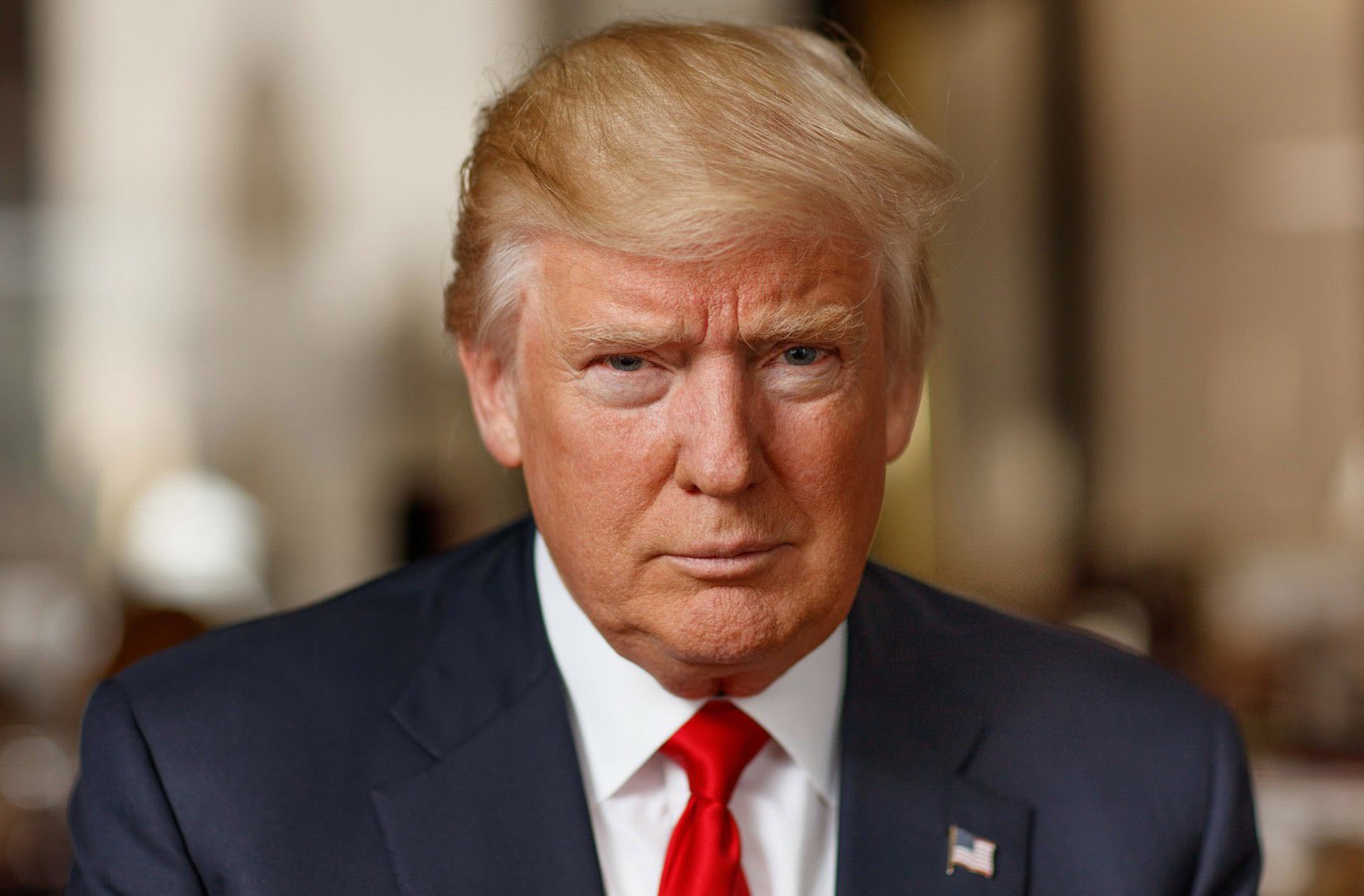
“Now Is the Time for Peace!” – Donald Trump Stuns the World with Surprise Bombing of Iranian Nuclear Sites

In a move that has sent shockwaves across the globe, former President Donald J. Trump has declared that the United States has executed a full-scale bombing of three major nuclear sites in Iran. The announcement, which came through Trump’s signature direct and bold communication style, stated that American warplanes successfully targeted and bombed the Fordow, Natanz, and Esfahan nuclear facilities deep within Iranian territory.
“We have completed our very successful attack on the three Nuclear sites in Iran,” Trump stated in a public message that immediately caught fire across social media and global news platforms. “All planes are now outside of Iran air space. A full payload of BOMBS was dropped on the primary site, Fordow. All planes are safely on their way home. Congratulations to our great American Warriors. There is not another military in the World that could have done this.”
The announcement, which concluded with the words “NOW IS THE TIME FOR PEACE!”, has triggered a mix of celebration, confusion, panic, and urgent diplomacy as governments, analysts, and the public try to assess the implications of this unprecedented and unprovoked act of military aggression.
Within hours of Trump’s statement, the world was abuzz with speculation, condemnation, and cautious analysis. The Iranian government has yet to release a full response, but early reports indicate chaos and a heightened state of military readiness within the country. Emergency sirens were reported in several key cities, and unconfirmed footage of smoke rising from mountainous regions near the Fordow site began circulating online. The Fordow Fuel Enrichment Plant, located near the holy city of Qom, has long been a point of contention in the nuclear discussions between Iran and the West. Natanz and Esfahan are equally critical to Iran’s uranium enrichment capabilities.
Trump’s statement made it clear that this was not a targeted drone strike or a symbolic warning shot—it was a direct and powerful military operation. The use of the phrase “a full payload of BOMBS” and the naming of the specific nuclear facilities bombed leave little ambiguity about the scope and seriousness of the action.
The timing of this announcement has only added to the global unease. Trump, who is currently campaigning for re-election amid a turbulent political climate in the United States, has once again positioned himself as a strongman willing to use America’s military power unilaterally. Supporters hail this move as a demonstration of strength and decisive leadership, arguing that Iran’s nuclear ambitions posed an imminent threat. They believe Trump has acted where others have hesitated, neutralizing a perceived danger to global security.
Critics, however, are sounding the alarm. International law experts have raised serious concerns over the legality of such an attack, especially absent a declaration of war or a resolution from the United Nations. The sudden nature of the announcement, with no apparent prior warning or consultation with U.S. allies, has rattled NATO and other global coalitions. Diplomats in Brussels, London, and Paris are reportedly scrambling to confirm the facts and prepare coordinated responses.
The political and military community within the U.S. appears to be as stunned as the rest of the world. Pentagon officials have not yet confirmed or denied involvement, and the White House has remained tight-lipped. Some observers believe this may be a unilateral or rogue action orchestrated by Trump loyalists in the military, while others suggest the operation may have been in the planning stages for months, kept under wraps to avoid media scrutiny.
While there has been no official confirmation of casualties or damage, the psychological impact of the strike is immediate and profound. The possibility of retaliation looms large. Iran has invested heavily in both conventional and proxy warfare across the region and has close military ties with Russia and China. A full-scale war now feels dangerously close, as analysts warn of a tit-for-tat escalation spiraling out of control.
On social media, reactions range from outrage to celebration. Trump’s supporters have flooded platforms like Truth Social and X with messages of praise, describing the attack as “America first” foreign policy in action. Meanwhile, anti-war activists and Middle East experts warn of catastrophic consequences, accusing Trump of reigniting a powder keg in an already volatile region.
In Israel, government sources reportedly welcomed the news privately but have made no official statement. In Saudi Arabia, officials are said to be on high alert. In Iraq and Syria, where Iran’s influence is deeply entrenched, American military bases have been placed on heightened security.
In the halls of the United Nations, emergency meetings are reportedly being convened. UN Secretary-General António Guterres has expressed “grave concern” and called for immediate dialogue to prevent further escalation. China and Russia have both demanded an urgent explanation, with Moscow describing the action as “a reckless violation of international norms.”
The impact of Trump’s announcement extends beyond geopolitics—it also casts a long shadow over the upcoming U.S. election. Political pundits are already speculating that this strike could galvanize nationalist support and significantly reshape Trump’s standing among undecided voters. It also raises serious questions for President Joe Biden and his administration, who now face the challenge of responding without appearing weak, while avoiding dragging the U.S. into a broader conflict.
Whether this strike becomes a defining moment in U.S. foreign policy or the opening salvo in a disastrous war remains to be seen. But one thing is certain: the world is now holding its breath.
As the international community awaits Iran’s official response, the planet teeters on the edge of a potential military crisis. For now, Trump’s final words in his announcement echo through the media landscape like a paradox: “NOW IS THE TIME FOR PEACE!” A phrase that, in the shadow of missiles and bombs, feels both hopeful and hauntingly ironic.


